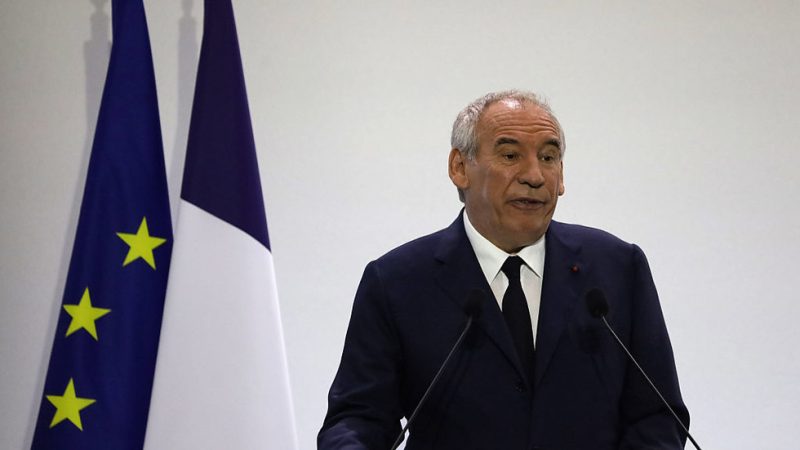
French Prime Minister François Bayrou recently unveiled a controversial plan to address the country’s burgeoning debt. The centerpiece? A new tax specifically targeting France’s wealthiest citizens. This “solidarity contribution,” as Bayrou termed it, aims to help close a significant €43.8 billion ($47.5 billion) budget shortfall. The plan includes expanding an existing levy on individuals earning over €250,000 ($270,000) annually.
Bayrou justified the measure by emphasizing the need for equitable burden-sharing. He stated that the nation’s effort to tackle debt must be fair, requiring less from those with limited means and more from those who can afford it. This statement, however, has ignited a firestorm of debate within France.
The current budget deficit stands at 5.8% of GDP, nearly double the EU’s mandated limit of 3%. To further reduce the deficit, Bayrou’s plan also suggests eliminating two national holidays – Easter Monday and Victory Day – a move that has drawn sharp criticism from the right-wing. Jordan Bardella, a prominent right-wing leader, denounced the proposal as an attack on French history and traditions.
Additional cost-cutting measures include a cap on healthcare expenditures and a freeze on pensions and social benefits at their 2025 levels. However, in a seemingly contradictory move, the plan also includes a significant increase in defense spending. France’s military budget is slated to reach €64 billion ($69 billion) in 2027, a doubling of the 2017 figure. This increase is justified by President Emmanuel Macron, who cites heightened threats to European security.
A recent defense review highlighted the potential for a “major war” in Europe by 2030, naming Moscow as a primary threat. The Kremlin has vehemently rejected these claims, accusing NATO of using Russia as a pretext for military expansion. This increased military spending, coupled with cuts to social programs, has drawn ire from the left-wing opposition.
France’s public debt currently sits at a staggering €3.3 trillion ($3.6 trillion), or 114% of GDP. Left-wing parties have accused the government of prioritizing military spending over social welfare, arguing that essential public needs are being sacrificed in the name of security. Jean-Luc Mélenchon, leader of La France Insoumise, has even called for Bayrou’s resignation, citing the unacceptable injustices inherent in the plan.
Bayrou’s proposals now face the crucial test of parliamentary approval before the full budget is presented in October. The coming weeks will undoubtedly be filled with intense political maneuvering and public debate as France grapples with its economic challenges and the implications of this far-reaching austerity plan.










